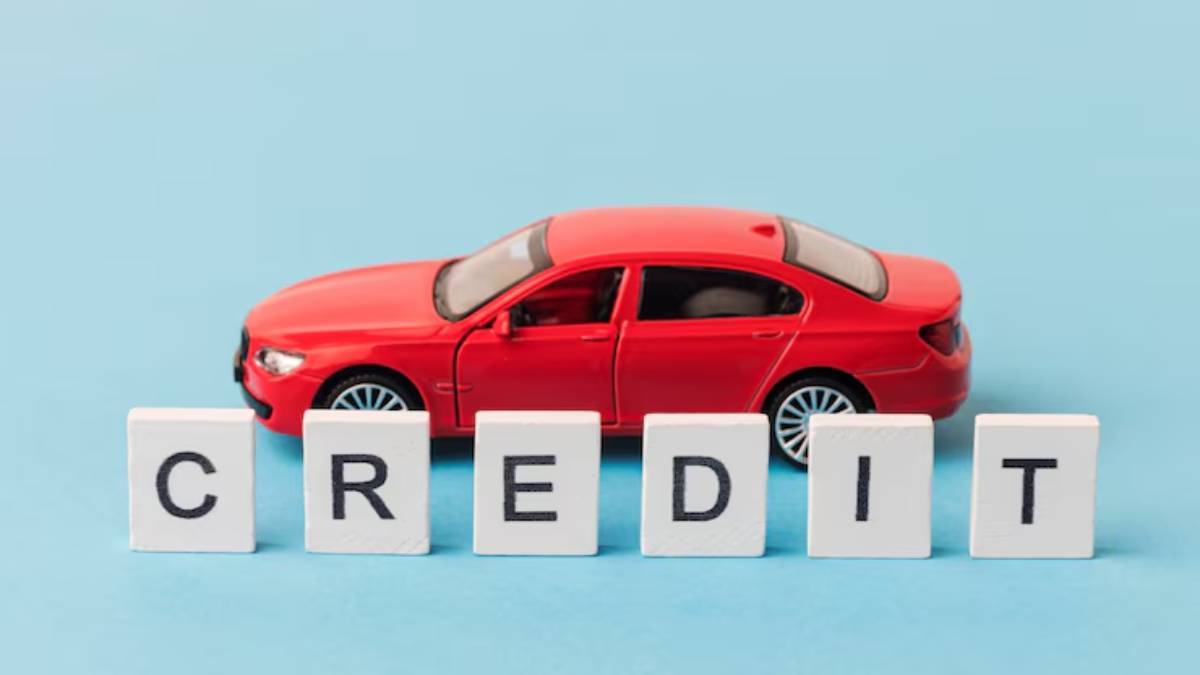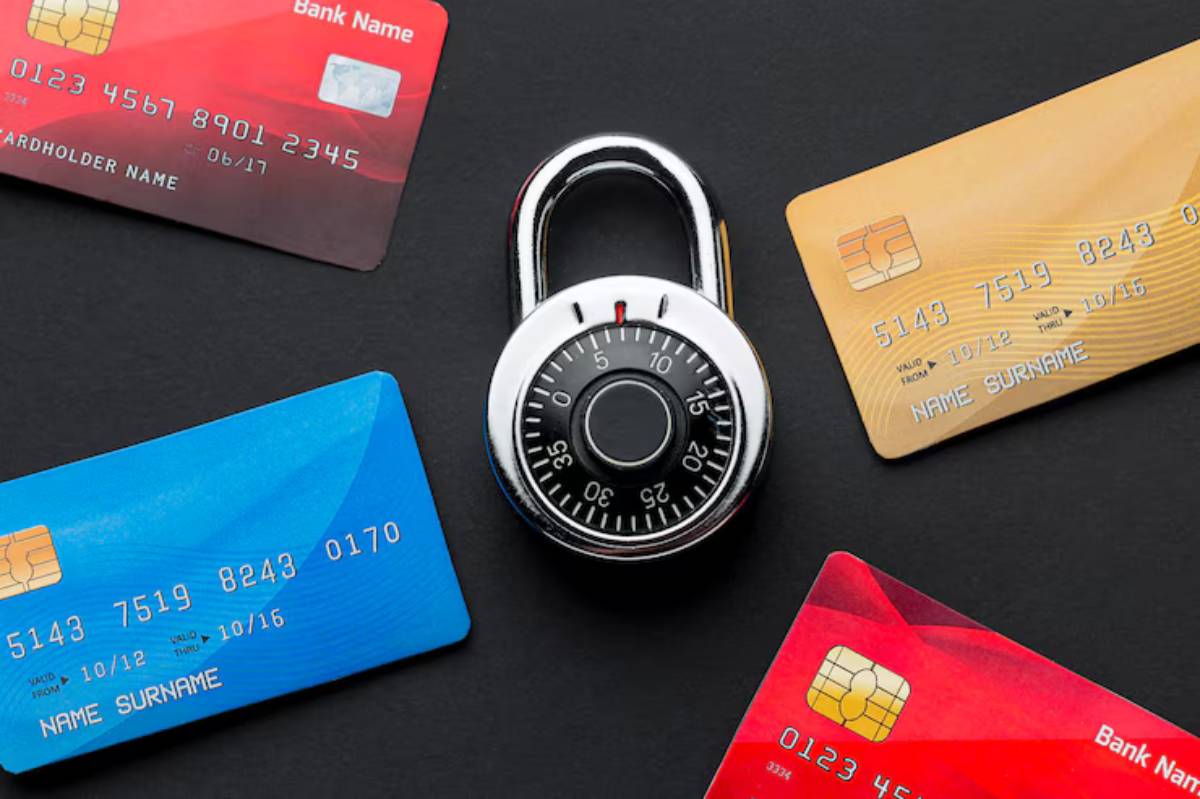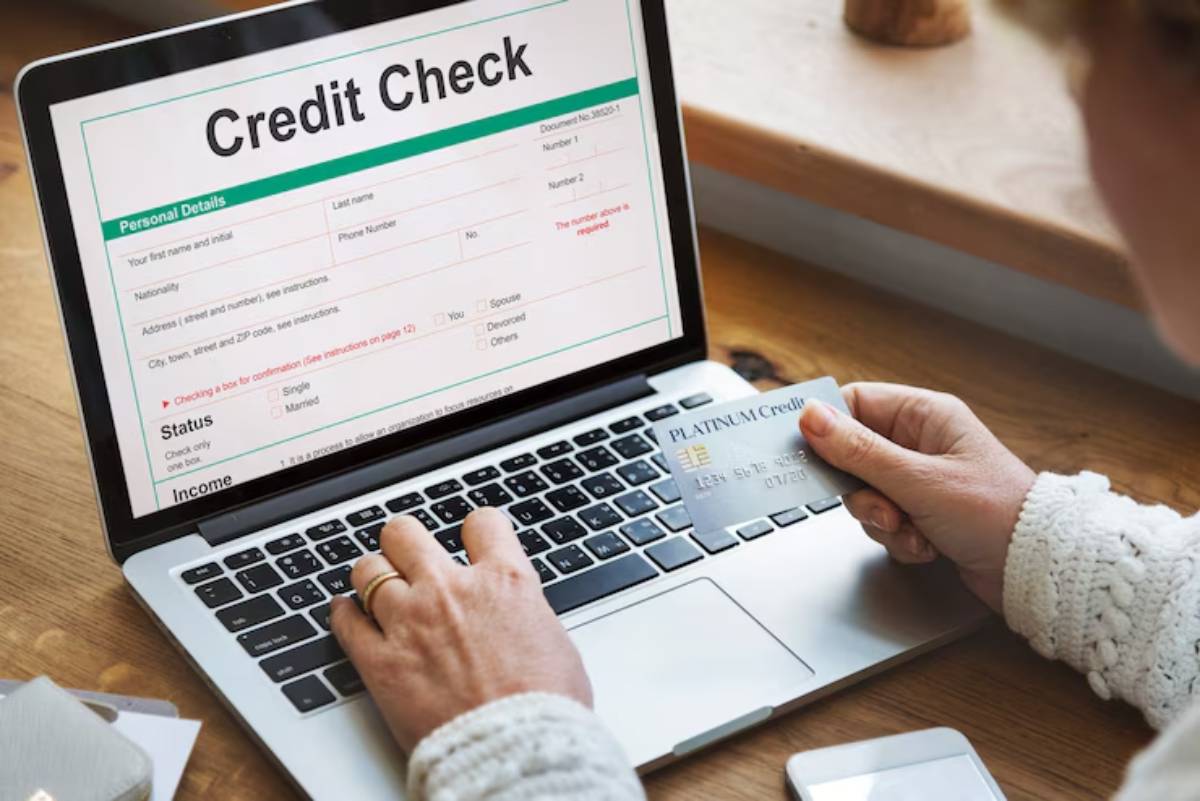
Managing Debt Responsibly
Debt can be a useful tool — or a dangerous trap. It all comes down to how you manage it. Whether it’s a mortgage, credit card, student loan, or car finance, strong debt management skills are essential for long-term financial health.
The good news? You don’t have to be perfect. With the right habits and planning, you can borrow responsibly, reduce financial stress, and protect your credit from harm.
In this guide, you’ll learn simple ways to practise responsible borrowing, limit your credit impact, and take control of your financial future.
Why Managing Debt Responsibly Matters

Debt isn’t always bad. Used wisely, it can help you:
- Build a strong credit profile
- Finance life goals (like buying a home or car)
- Handle emergencies or large expenses
But poor debt management leads to:
- Missed payments and late fees
- High interest charges
- Damaged credit scores
- Collection actions and legal trouble
Debt doesn’t have to control your life. The key is learning to control it.
How Debt Affects Your Credit Score
Here’s how your debt choices influence your credit impact:
Payment History (35% of your score)
Paying on time is the most important factor. Even one missed payment can lower your score significantly.
Credit Utilisation (30%)
This measures how much of your available credit you’re using. Aim to stay under 30% of your total limits.
Length of Credit History (15%)
The longer you’ve successfully managed accounts, the better.
Credit Mix (10%)
Lenders like to see a combination of credit types (e.g. mortgage + credit card + car loan).
New Credit Inquiries (10%)
Applying for too many accounts in a short period lowers your score temporarily.
Types of Debt: The Good, the Bad, and the Risky
Understanding different types of debt helps you make better borrowing decisions.
Good Debt
These types typically offer value and long-term benefits:
- Mortgages (building equity in a home)
- Student loans (investing in education and earning power)
- Business loans (growing your company)
Bad Debt
These usually come with high interest and little long-term value:
- Payday loans
- Store credit cards (if misused)
- High-interest personal loans
Risky Debt
Any debt becomes risky when:
- Payments are late or missed
- You borrow more than you can afford
- It becomes difficult to keep track of due dates
Use budgeting apps like YNAB or Money Dashboard to stay on track. Want more guidance? Read our article on Budgeting to Support Credit Building.
Responsible Borrowing Starts Before You Sign
The best time to practise debt management is before you borrow.
Know Why You’re Borrowing
Ask yourself:
- Is this a need or a want?
- Is there a cheaper way to fund this expense?
- Can I realistically repay this within the terms?
Understand the Total Cost
Look beyond the monthly payment:
- What is the interest rate (APR)?
- Are there fees or penalties?
- How long will you be paying this off?
Borrow Only What You Need
Avoid the temptation to take the full amount offered. More debt means more risk.
Shop Around for Better Terms
Compare lenders, interest rates, and repayment options before accepting a loan.
How to Manage Existing Debt Responsibly
Already have debt? Here’s how to take control.
1. Create a Debt Repayment Plan
List every debt:
- Balance
- Interest rate
- Minimum payment
- Due date
Decide which debts to tackle first. Two common strategies:
- Avalanche method: Pay off the highest-interest debts first.
- Snowball method: Pay off the smallest debts first for quick wins.
2. Automate Payments
Set up direct debits or standing orders to avoid missed payments.
3. Make More Than the Minimum
Paying only the minimum keeps you in debt longer and costs more in interest.
4. Avoid Taking On New Debt
Don’t add new debt unless it’s absolutely necessary.
5. Monitor Your Credit Regularly
Use free apps like ClearScore, Credit Karma, or your bank’s monitoring tools to track your score and spot any issues.
6. Stay in Communication With Lenders

If you’re struggling, contact your lender early. Many offer hardship programmes or temporary payment plans.
How to Avoid Common Debt TrapsDon’t Max Out Your Credit Cards
High balances hurt your credit score and make repayments harder.
Don’t Take Out Loans to Pay Off Other Loans
This can spiral into a cycle of debt unless it’s part of a structured debt consolidation plan.
Don’t Ignore Small Debts
Even small unpaid bills can be sent to collections and hurt your credit.
Don’t Skip Payments to “Catch Up” Later
Late payments are recorded and can stay on your credit report for up to six years.
When Debt Consolidation Makes Sense
If you’re overwhelmed with multiple debts, a consolidation loan can:
- Combine debts into one payment
- Potentially lower your interest rate
- Simplify your monthly budgeting
But be cautious. It only works if you stop taking on new debt.
The Link Between Debt Management and Financial Freedom
Practising responsible borrowing gives you:
- Peace of mind
- Improved credit score
- Access to better loan rates
- Flexibility in emergencies
- Long-term financial stability
Debt itself isn’t bad. Poor habits are what create problems.
Master Your Debt, Protect Your Credit
Good debt management is all about planning, discipline, and balance. By borrowing carefully, repaying on time, and avoiding unnecessary debt, you build a positive credit impact that leads to financial freedom.
With the right strategies, debt can be a tool — not a burden.
Ready to take charge of your debt?
Review your debts this week. Set up automated payments, consider a repayment strategy, and explore ways to avoid taking on more debt. Small steps lead to big changes.
To explore more, check out our post on Timely Bill Payments and Credit Health.


